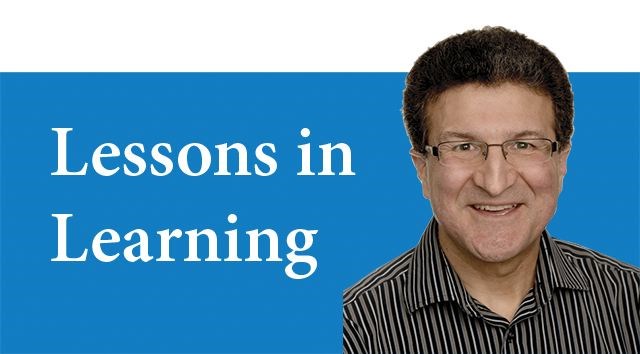In his book Man's Search For Meaning, Viktor Frankl (writing at a time when "man" meant "a person") tells us, "There are two races of men in the world, but only these two - the 'race' of descent men and the 'race' of indecent men....No group consists entirely of decent or indecent people."
In other words, to try to categorize people as either good or bad based on their nationality, ethnicity, religion, gender or any other classification, is absolutely futile. In his years in Nazi concentration camps, Frankl found guards who had compassion for prisoners and prisoners who were very cruel.
Frankl goes even further in his analysis of humanity when he points out that within each and every one of us is "a mixture of good and evil." We all struggle to do good, and none of us is perfect.
When we take this perspective of humanity, it is much easier to see beyond the labels and it is much easier to look upon our neighbours with compassion.
One would hope that we have grown beyond narrow viewpoints and critical biases and have learned to listen to our neighbours, thus becoming aware of the truths that Frankl put forward in the late 1940s. In today's world of internet and social media, we often live with the impression that we are informed on a vast array of topics from multiple perspectives.
In actual fact, the way that social media algorithms and our newsfeeds work is that we tend to get more of what we search for, more of what we click on, in essence, more of what we are looking for. We end up in what African American artist and activist Theo E.J. Wilson refers to as "digital echo chambers." We end up sharing ideas with like-minded people, often reinforcing our own prejudices, without even realizing it.
It can be very difficult to emerge from these virtual bubbles. Wilson did it by creating an entirely new online character in order to try to understand the perspective of white supremacists. What he discovered astounded him.
He not only found the writings and perspectives of leaders of the racist extreme right, theories which are easily debunked, he found ordinary men with families. He also found people who felt that they were condemned for being who they are, white and male, something that they could not control. In this sense, as an African American male, he found that he had a surprising empathy for his white brothers. While nothing justifies the violence of the extreme right, one can easily understand that it doesn't feel good to be judged and categorized, no matter who we are.
What do these points mean to me as an educator? First of all, it is vital that I teach my students not only the truths of our history, as uncomfortable as they may be, but that I also give them the tools to examine the world today from an informed perspective. When we see statistics which demonstrate that there is a problem in some aspect of our society, for example, we need to be able to ask the necessary questions to not only understand why the situation exists, but to come up with solutions which actually work.
In doing so, we need to keep in mind Frankl's valuable lessons, especially when we find ourselves caught in our digital echo chambers. There are good and bad people in any group. There is also good and bad in each and every one of us.
Given this awareness, we can move forward with understanding and compassion for one another. We can observe without judgment, and find solutions to our problems that are beneficial for each and every individual, no matter our gender, what we look like, or where we live.
Gerry Chidiac is a champion for social enlightenment, inspiring others to find their greatness in making the world a better place. For more of his writings, go to www.gerrychidiac.com



